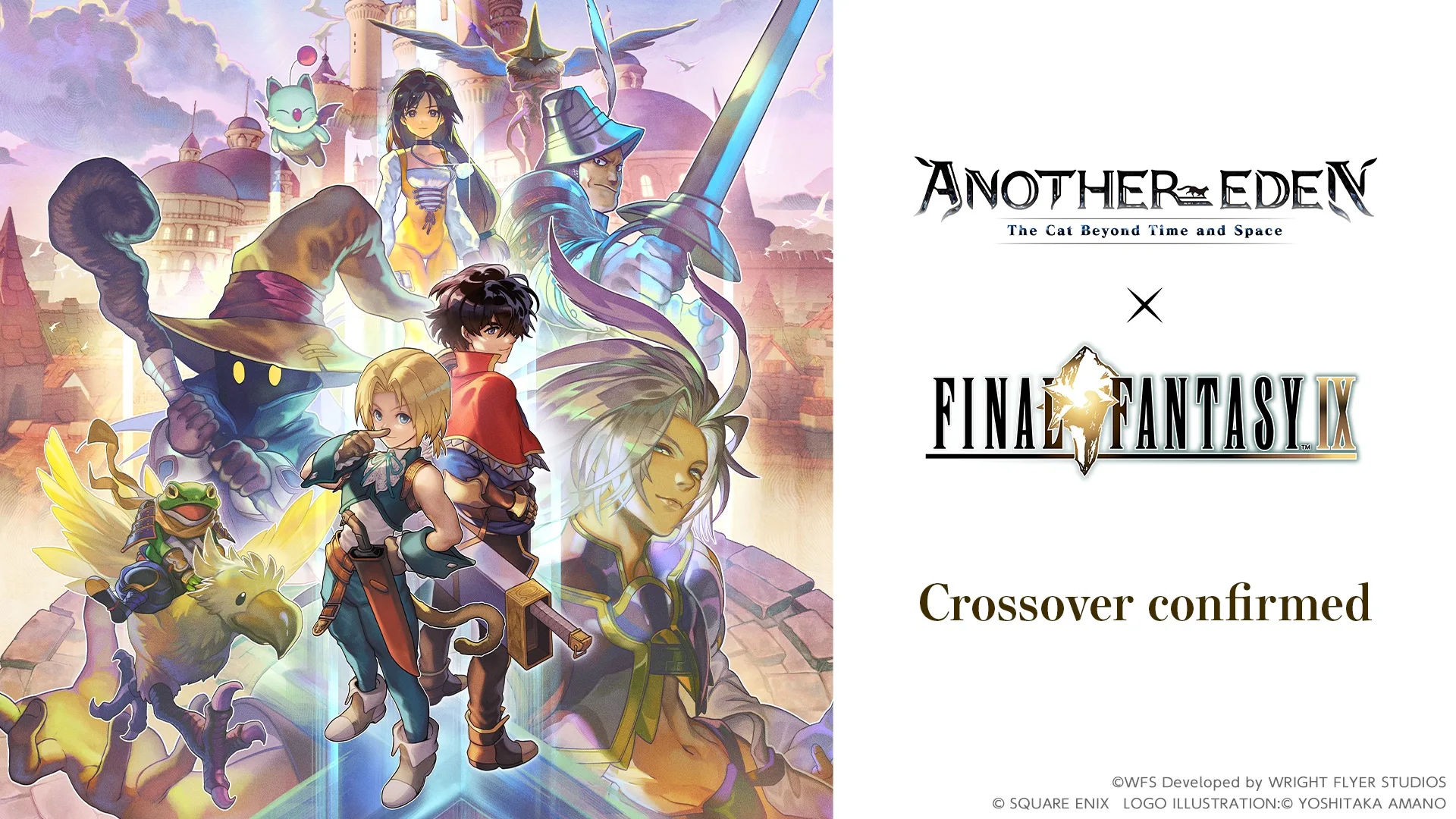Are Gacha Games Predatory or Just Misunderstood?
Few topics spark as much debate in mobile gaming as the ethics of gacha games. Are these games inherently predatory, taking advantage of players and encouraging unhealthy spending, or are they simply misunderstood business models with potential for player enjoyment and fairness? Let’s unpack both sides using industry experience and prominent community/academic opinions.
The Case for Predatory
1. Gambling and Psychological Manipulation
- Gacha’s core mechanic, randomized, paid pulls, shares much with gambling and triggers the same reward systems in the brain, making it potentially addictive.
- Sophisticated monetization: Features such as limited banners, time-limited offers, “near miss” effects, and fear-of-missing-out (FOMO) push players to spend impulsively.
- Obfuscated value: Bundles, premium currencies, and hidden drop rates often obscure how much you’ve actually spent, sometimes tricking players into overvaluing their odds or rewards.
- Young and vulnerable audiences: Gacha’s easy mobile access and social features heighten risk for those with less impulse control.
2. Content and Progression Walls
- Difficulty spikes, power creep, and “need” for rare pulls create systems where spending feels mandatory, fueling accusations of pay-to-win and exploitation.
- “Pity” and guarantees help, but often require large investment to reach.
The Case for Misunderstood
1. “F2P Done Right”
- Many modern gacha games balance paid RNG with enough free currency, pity systems, and regular handouts for patient, non-spending players to access most content.
- Social and collection play: For many fans, the joy comes from collecting, building teams, and engaging in events, even if all content isn’t essential or “completable”.
2. Optional Monetization
- Most gacha titles (Genshin Impact, Arknights, Honkai: Star Rail) allow free players to clear all content with enough time and effort, spending simply accelerates progression.
- Intelligent players set budgets or use play-to-enjoy/self-control techniques, enjoying long-term play with minimal to no cost.
3. Evolution With Community Feedback
- Pity systems, transparency in drop rates, and direct-buy options show many developers have responded to criticism, making gacha “safer” over time.
What Both Sides Get Wrong
- All gacha monetization is not equal, “predatory” isn’t binary. Some games are far more aggressive and exploitative than others.
- Focusing only on spending misses the social, creative, and gameplay aspects that make gacha fun and a community phenomenon.
- But, defending all gacha with “just don’t spend” ignores real psychological manipulation and the troubling experiences of those who develop problematic habits.
The Truth Is Nuanced
- Gacha games can be predatory in design, especially those relying heavily on FOMO, poor odds, hidden costs, and targeting vulnerable players.
- But many games are evolving, offering fairer systems, generous free content, and fun collecting/social play, if approached responsibly.
- Awareness, transparency, and player education are key. Both criticism and nuanced defense are vital for a better, fairer gacha ecosystem.
For detailed analyses, player stories, and breakdowns of the fairest (and worst) gacha systems, keep reading Ultimategacha.com.
Helpful links:



